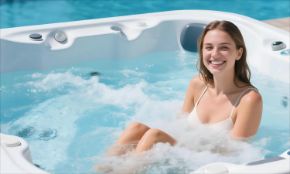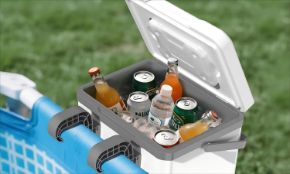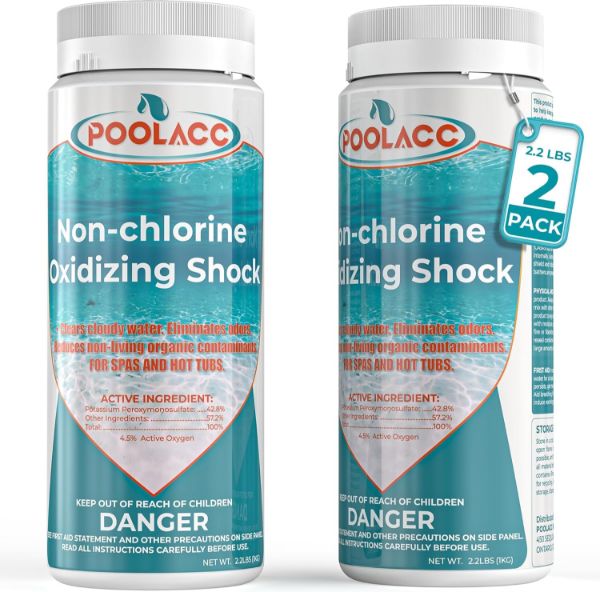Hot Tub&Spa Chemicals
POOLACC Hot Tub & Spa Chemicals|Crystal Water,Pure Joy
1. Sanitizers
Bromine: A top pick for hot tubs thanks to its stability in high temps. POOLACC’s bromine formulas crush bacteria, viruses, and algae effectively—way gentler on skin and eyes than chlorine. Typically comes in tablets or granules.
Chlorine: Gets the job done, but it evaporates faster in warm water. POOLACC’s calcium hypochlorite is a go-to for spas—it’s easy on surfaces and less corrosive.
2. pH & Alkalinity Adjusters
pH Up: POOLACC’s got your back here. It bumps pH to the sweet spot (7.2–7.8) to avoid skin irritation and equipment rust.
pH Down: This POOLACC formula brings pH down to fight off excess alkalinity, making sure sanitizers work their best.
Calcium Hardness Increaser: POOLACC’s version adds calcium salts to stop water from leaching minerals out of your tub or gunking up with scale.
3. Specialty Additives
Enzymes: POOLACC’s enzyme blends break down oils, lotions, and gunk that sanitizers miss—say bye to foam and weird smells.
Scale Inhibitors: POOLACC’s got these to block calcium or magnesium buildup on heaters and pipes, total lifesavers in hard water areas.
Metal Sequestrants: POOLACC’s formula latches onto dissolved metals (like iron or copper) to prevent stains and keep your gear safe.
With POOLACC Hot Tub & Spa Chemicals, you’ll keep your soak spot clean, comfy, and your equipment in shape for way longer.
POOLACC Non-Chlorine Spa Shock for Hot Tub -2.2 lbs×4 packs, Chlorine-Free Shock Oxidizer Treatment for Hot Tubs, Spas and Swimming Pools, Fast Acting Oxidizing Shock for Crystal Clear Water, 35.2oz×4
POOLACC 1 Inch Bromine Tablets 1.2LB/3.5LB/8LB/25.5LB - Brominating Chemical Sanitizer for Spas, Hot Tubs or Indoor Pools - Low Odor, Less Irritation, Pre-Stabilized, Long-Lasting, Chlorine Alternative
- 1
- 2
_00@0,1x.png)
















